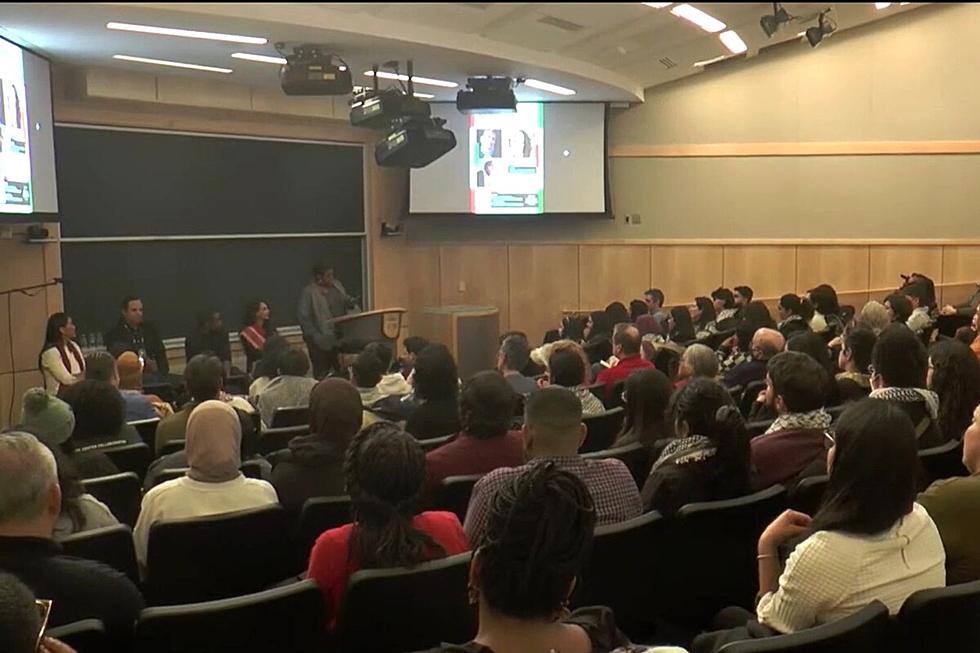![College Commuting: The Pros and Cons [AUDIO]](http://townsquare.media/site/385/files/2012/06/CIMG0999.jpg?w=980&q=75)
College Commuting: The Pros and Cons [AUDIO]
NEW JERSEY 101.5
Living on campus has become an unrealistic option for many college students across the nation as the economy continues its slow crawl out of the recession.
More students (57 percent) are choosing to commute and live at home, according to student loan organization Sallie Mae, a significant increase from 44 percent in 2011.
Commuting can end up saving students and their families tens of thousands of dollars over four years.
Leslie Beck, President of Compass Wealth Management in Maplewood, said room-and-board can cost more than tuition in many areas of the country. However, college-bound students should be smart when balancing their options; commuting comes with a price tag as well.
"Having to buy a car and having to have that insured - especially in the Northeast, that's not an inexpensive proposition," Beck said. "There's maintenance on the car and all those things that tend to come in dribs and drabs."
Driving back-and-forth a few days a week can also mean a bunch of money spent on gas and tolls.
Even though commuting has become the majority choice, it can definitely make it more difficult for students to form relationships and participate in activities and events offered by the institution. The Off-Campus Students' Association (OCSA) was established at Rutgers University so that commuters can feel like they belong.
"We also have a lounge," said Rutgers sophomore Murtuza Hussain with OCSA. "We have meetings here, and events."
Hussain said "dormers" tend to stick together because they've been placed in the same situation, but commuters have a harder time fitting in on campus.
Of the 65,000 students who attend Rutgers, less than 18,000 live in the dorms.
More From New Jersey 101.5 FM









